Explore All Articles
All Articles
Article Topic

Conservatives are less accurate than liberals at recognizing false climate statements, and disinformation makes conservatives less discerning: Evidence from 12 countries
Tobia Spampatti, Ulf J. J. Hahnel and Tobias Brosch
Competing hypotheses exist on how conservative political ideology is associated with susceptibility to misinformation. We performed a secondary analysis of responses from 1,721 participants from twelve countries in a study that investigated the effects of climate disinformation and six psychological interventions to protect participants against such disinformation.
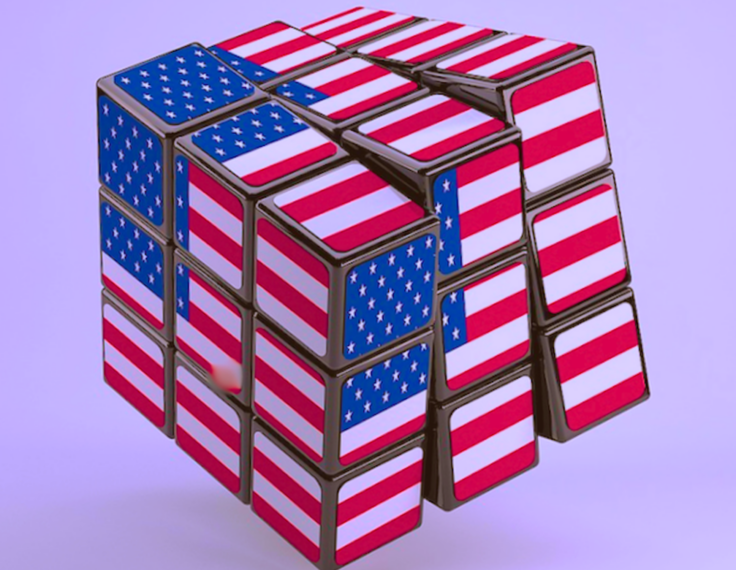
Trump, Twitter, and truth judgments: The effects of “disputed” tags and political knowledge on the judged truthfulness of election misinformation
John C. Blanchar and Catherine J. Norris
Misinformation has sown distrust in the legitimacy of American elections. Nowhere has this been more concerning than in the 2020 U.S. presidential election wherein Donald Trump falsely declared that it was stolen through fraud. Although social media platforms attempted to dispute Trump’s false claims by attaching soft moderation tags to his posts, little is known about the effectiveness of this strategy.
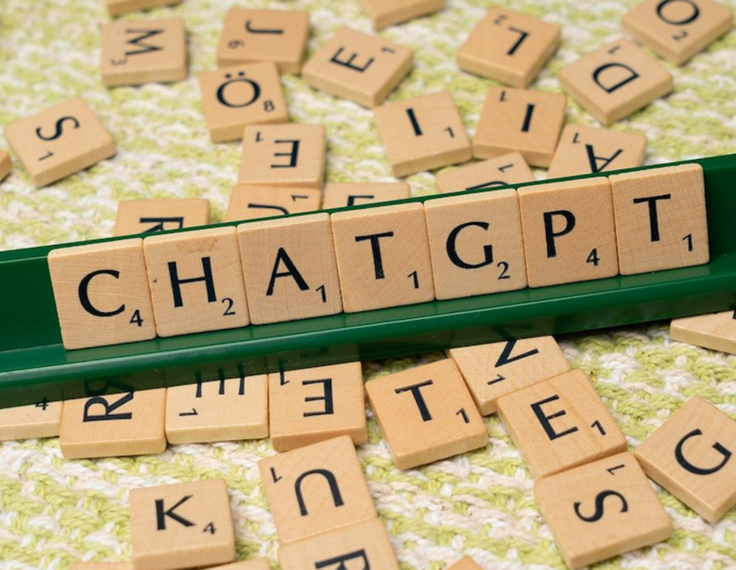
GPT-fabricated scientific papers on Google Scholar: Key features, spread, and implications for preempting evidence manipulation
Jutta Haider, Kristofer Rolf Söderström, Björn Ekström and Malte Rödl
Academic journals, archives, and repositories are seeing an increasing number of questionable research papers clearly produced using generative AI. They are often created with widely available, general-purpose AI applications, most likely ChatGPT, and mimic scientific writing. Google Scholar easily locates and lists these questionable papers alongside reputable, quality-controlled research.

Playing Gali Fakta inoculates Indonesian participants against false information
Matthew J. Facciani, Denisa Apriliawati and Tim Weninger
Although prebunking games have shown promise in Western and English-speaking contexts, there is a notable lack of research on such interventions in countries of the Global South. In response to this gap, we developed Gali Fakta, a new kind of media literacy game specifically tailored for an Indonesian audience.

Framing disinformation through legislation: Evidence from policy proposals in Brazil
Kimberly Anastácio
This article analyzes 62 bills introduced in the Brazilian Chamber of Deputies between 2019–2022 to understand how legislators frame disinformation into different problems and their respective solutions. The timeframe coincides with the administration of right-wing President Jair Bolsonaro. The study shows a tendency from legislators of parties opposed to Bolsonaro to attempt to criminalize the creation and spread of health-related and government-led disinformation.

Attitudes towards COVID-19 vaccines may have “spilled over” to other, unrelated vaccines along party lines in the United States
Mark LaCour and Zebulon Bell
This study used data from pre- and post-COVID surveys to examine vaccine attitudes in the United States. We found evidence consistent with an ideological “spillover” effect: Liberals’ attitudes became more positive towards non-COVID vaccines (flu, MMR, HPV, chickenpox) and conservatives’ attitudes became more negative.

Taking the power back: How diaspora community organizations are fighting misinformation spread on encrypted messaging apps
Joao V. S. Ozawa, Samuel Woolley and Josephine Lukito
We applied a mixed-methods approach with the goal of understanding how Latinx and Asian diaspora communities perceive and experience the spread of misinformation through encrypted messaging apps in the United States. Our study consists of 12 in-depth interviews with leaders of relevant diaspora community organizations and a computer-assisted content analysis of 450,300 messages published on Telegram between July 2020 and December 2021.
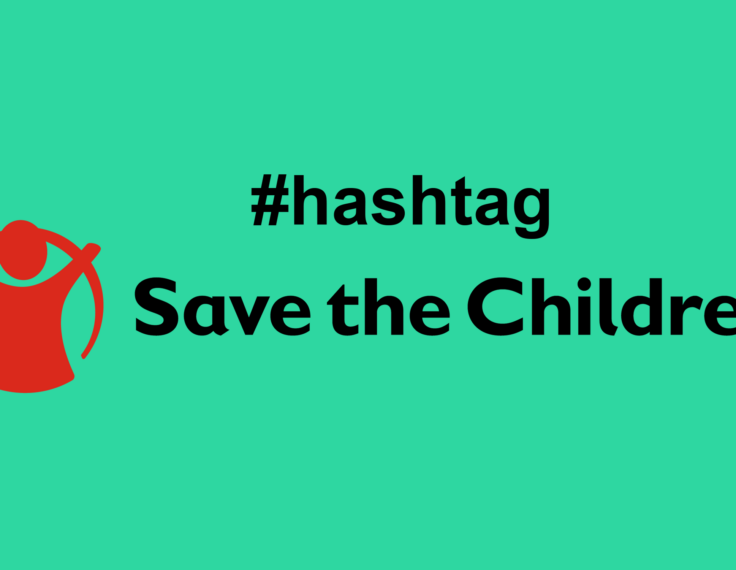
#SaveTheChildren: A pilot study of a social media movement co-opted by conspiracy theorists
Katherine M. FitzGerald and Timothy Graham
In a preliminary analysis of 121,984 posts from X (formerly known as Twitter) containing the hashtag #SaveTheChildren, we found that conspiratorial posts received more engagement than authentic hashtag activism between January 2022 and March 2023. Conspiratorial posts received twice the number of reposts as non-conspiratorial content.
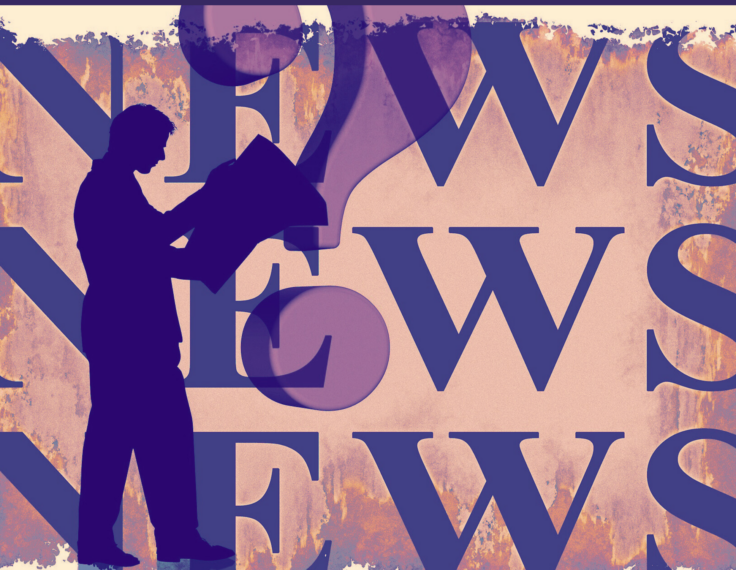
Misinformation perceived as a bigger informational threat than negativity: A cross-country survey on challenges of the news environment
Toni G. L. A. van der Meer and Michael Hameleers
This study integrates research on negativity bias and misinformation, as a comparison of how systematic (negativity) and incidental (misinformation) challenges to the news are perceived differently by audiences. Through a cross-country survey, we found that both challenges are perceived as highly salient and disruptive.
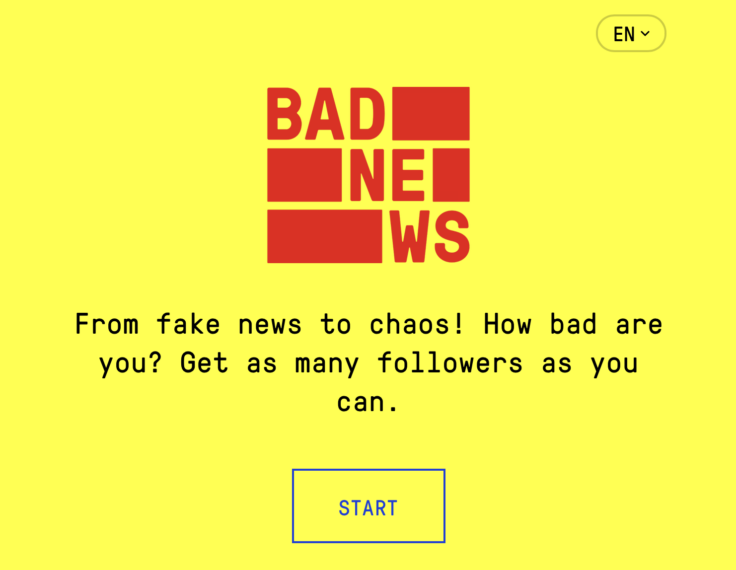
Gamified inoculation reduces susceptibility to misinformation from political ingroups
Cecilie Steenbuch Traberg, Jon Roozenbeek and Sander van der Linden
Psychological inoculation interventions, which seek to pre-emptively build resistance against unwanted persuasion attempts, have shown promise in reducing susceptibility to misinformation. However, as many people receive news from popular, mainstream ingroup sources (e.g., a left-wing person consuming left-wing media) which may host misleading or false content, and as ingroup sources may be more persuasive, the impact of source effects on inoculation interventions demands attention.

